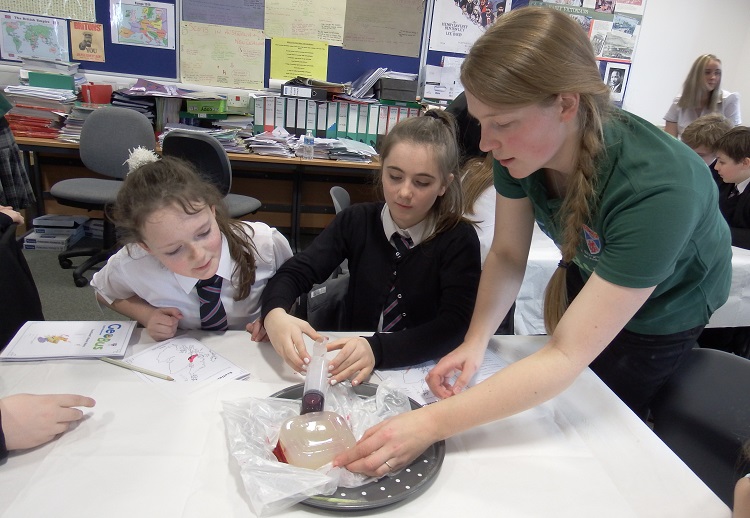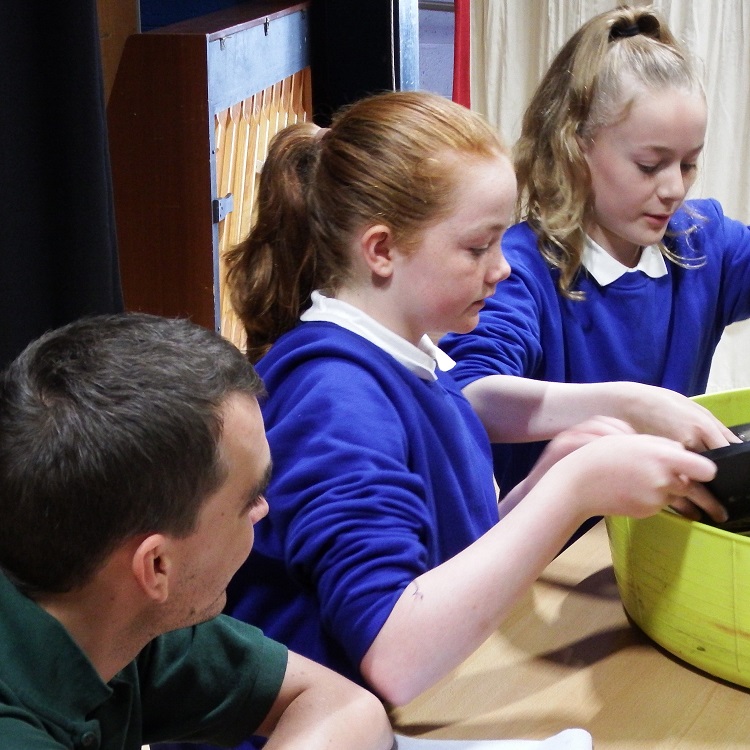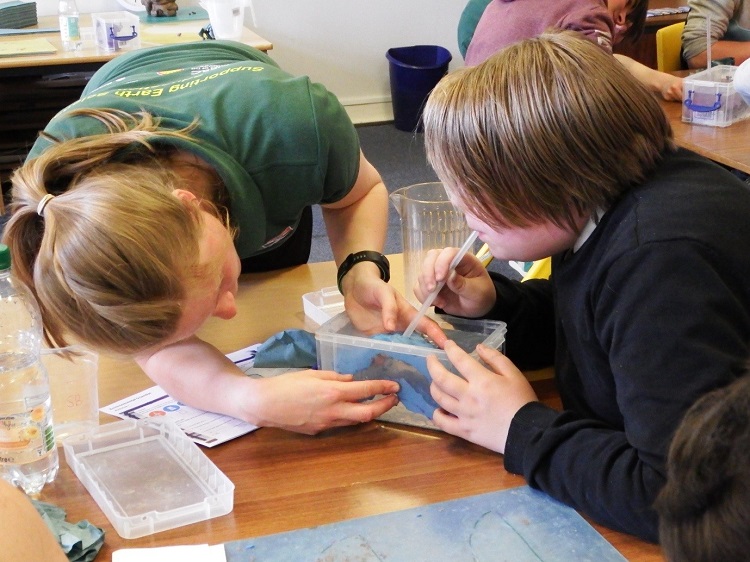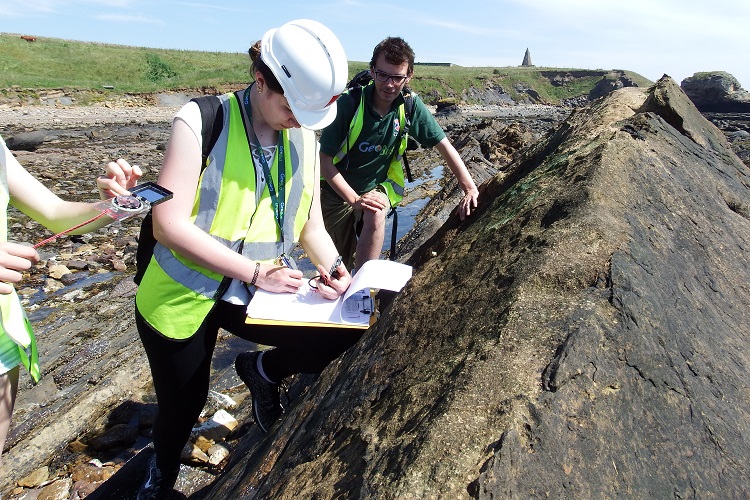Schools Earth Science outreach project receives half a million pounds funding boost

A University of St Andrews project to inspire young Earth and environmental scientists across the country will continue, thanks to a funding boost of over half a million pounds from NEO Energy, the full-cycle UK North Sea operator backed by HitecVision.
GeoBus, led by the School of Earth and Environmental Sciences at the University of St Andrews, is a free, educational outreach project supporting Earth science learning in schools in the UK. The funding boost, worth £550,000 over five years from Aberdeen based NEO Energy, will allow GeoBus to continue to deliver its interactive programme of activities in schools across the country.

Launched in 2012, GeoBus delivers outreach activities that engage with young people and enhance their understanding of STEM (Science, Technology, Engineering, Maths) subjects, inspiring them to consider STEM subjects and careers.
GeoBus delivers workshops and field trips related to Earth and environmental science, including supporting resources, working with teachers to ensure materials are appropriate and of value, as well as facilitating teacher training. The project has previously been supported by the Natural Environment Research Council, Scottish Government and industry, as well as through specific grants from the UK Space Agency.
Dr Claire Cousins, Academic Co-ordinator for GeoBus and Senior Lecturer in Earth Sciences, said: “We are delighted to be able to continue GeoBus thanks to the generous funding from NEO Energy. The team is looking forward to working with schools in the delivery of hands-on, practical and, most importantly, fun science activities that inspire children to think about STEM careers, in any subject. As researchers working at the forefront of our various fields, including with industry, we can bring current scientific research into the classroom to support teachers and curriculum outcomes.”
Professor Tony Prave, Head of the School of Earth and Environmental Sciences, stated: “GeoBus is an exemplar of how academia and industry can find common ground to address the twin challenges of climate change and sustainable natural resources. By working together, GeoBus and NEO Energy will provide knowledge at a grassroots level to inspire our future leaders to find and deliver solutions to those challenges.”

Dr Jen Brooke, Education Co-ordinator for GeoBus, School of Earth and Environmental Sciences, added: “We look forward to planning out the next series of activities over the coming months and are excited to work with schools to develop a sustainable model for effective engagement.
“We are delighted to be recruiting a new dedicated Education Officer to join the GeoBus team to support delivery of this valuable resource to those working hard to support geology and environmental science education and engagement. GeoBus is a great example of a bridge between academia, industry and education that also serves to highlight career opportunities in Earth and environmental sciences, of which there are far more than people often realise.”
Delivery of workshops is carried out by experienced and dedicated GeoBus staff with support from academics across the University and student volunteers. GeoBus teaching packages are based around hands-on and interactive learning; all the resources and materials involved in the activities are brought to the schools and related events. To date GeoBus has engaged with over 80,000 learners across Scotland and inspired the creation of a sister project at UCL in 2016, which serves the greater London area.

Project funding includes the recruitment of a full-time Education Officer providing support to the GeoBus Co-ordinator. This new post will enable future delivery of GeoBus activities and will include contributing to the development of new materials, assisting with school visits and delivering activities at public engagement events country wide.
Category Public interest stories